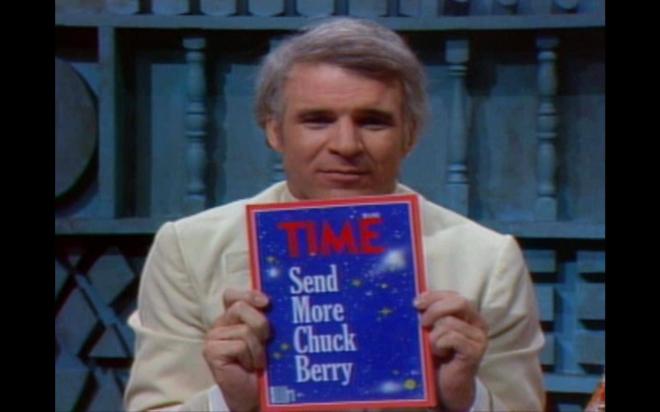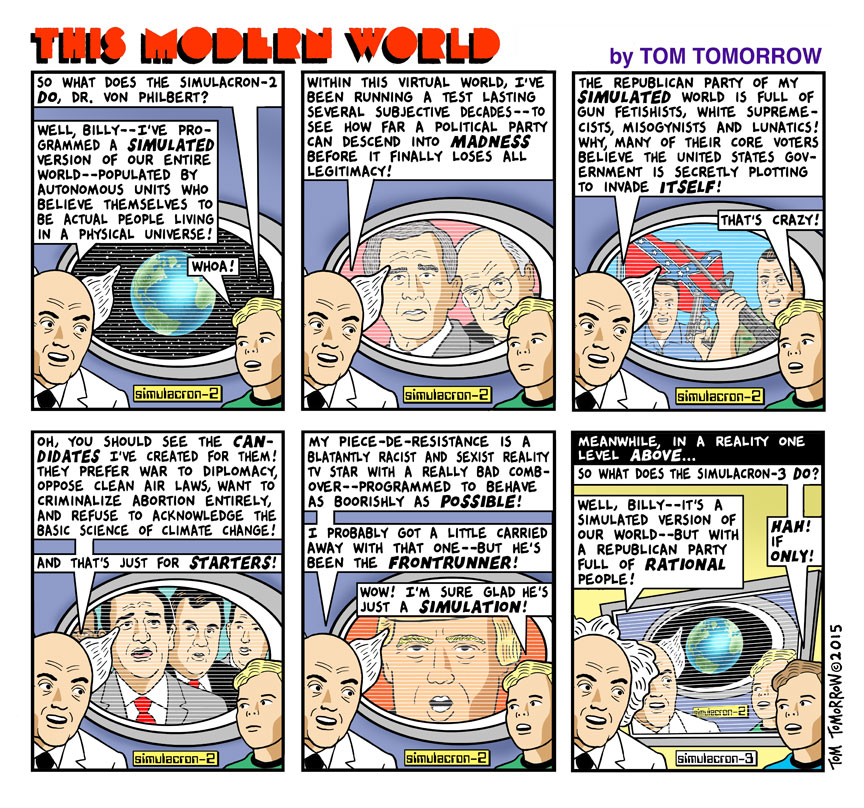In CoPhi today we revisit "This I Believe," in book form the freshman summer read (again) and in format the model I'm suggesting students follow for their final reports this semester. They can post their short essays of core conviction on our site and on TIB's, along with accompanying podcast recordings if they choose.
Some philosophy teachers encourage their Intro students to focus more on what others have believed, but I believe a philosophy course is all about finding words and voice for the inarticulate philosophy William James says we all have whether we know it or not.
So I've asked students to find TIB essays they like, share them, talk about them, listen to their classsmates' views, and begin thinking about how to frame their own TIB essays. Some of their early nominations: Warren Christopher on trust, Jackie Robinson on free minds & hearts, M. Gandhi on peace, moving beyond stereotypes, being cool to the pizza dude, the power of hello...
And because we're still getting accustomed to the walk-and-talk approach to philosophy and learning, today we're looking at what peripatetics believe too.
Time is not money; time is a an opportunity to live before you die. So a man who walks, and lives and sees and thinks as he walks, has lengthened his life. Donald Culross Peattie, Joy of Walking
Walking means seeing the unseen, understanding, friendship, privacy, emotional perspective, physical capacity... an image of life itself. John Man, Walk!
This book could not have been written by sitting still. The relationship between paths, walking and the imagination is its subject, and much of its thinking was therefore done -- was only possible -- while on foot... walking [is] a reconnoitre inwards, and the subtle ways in which we are shaped by the landscapes through which we move. Robert MacFarlane, The Old WaysI believe they're right.
And I believe Calvin shouldn't worry so much about what other people think.
podcast
5:50/6:19, 66/86


